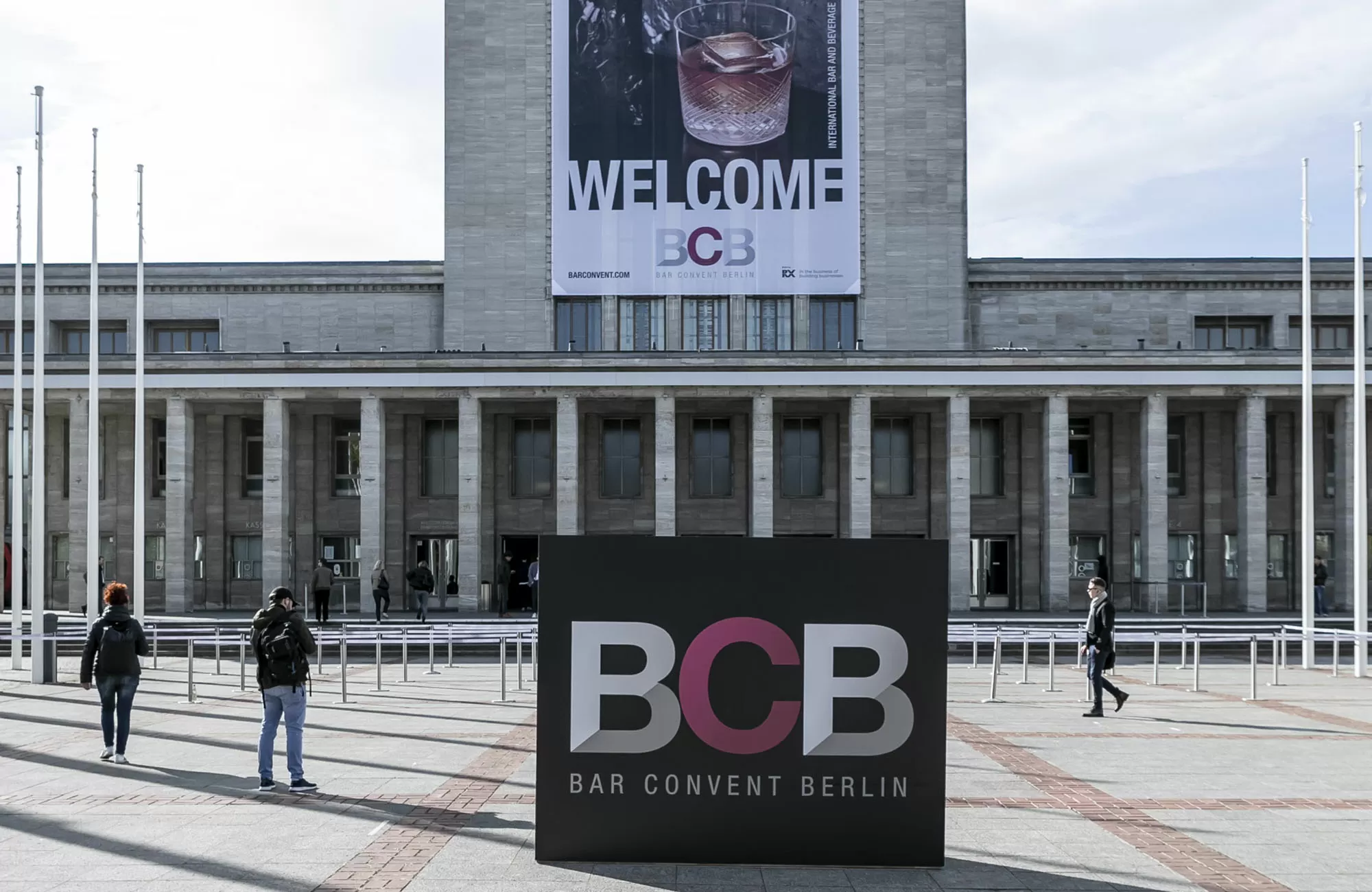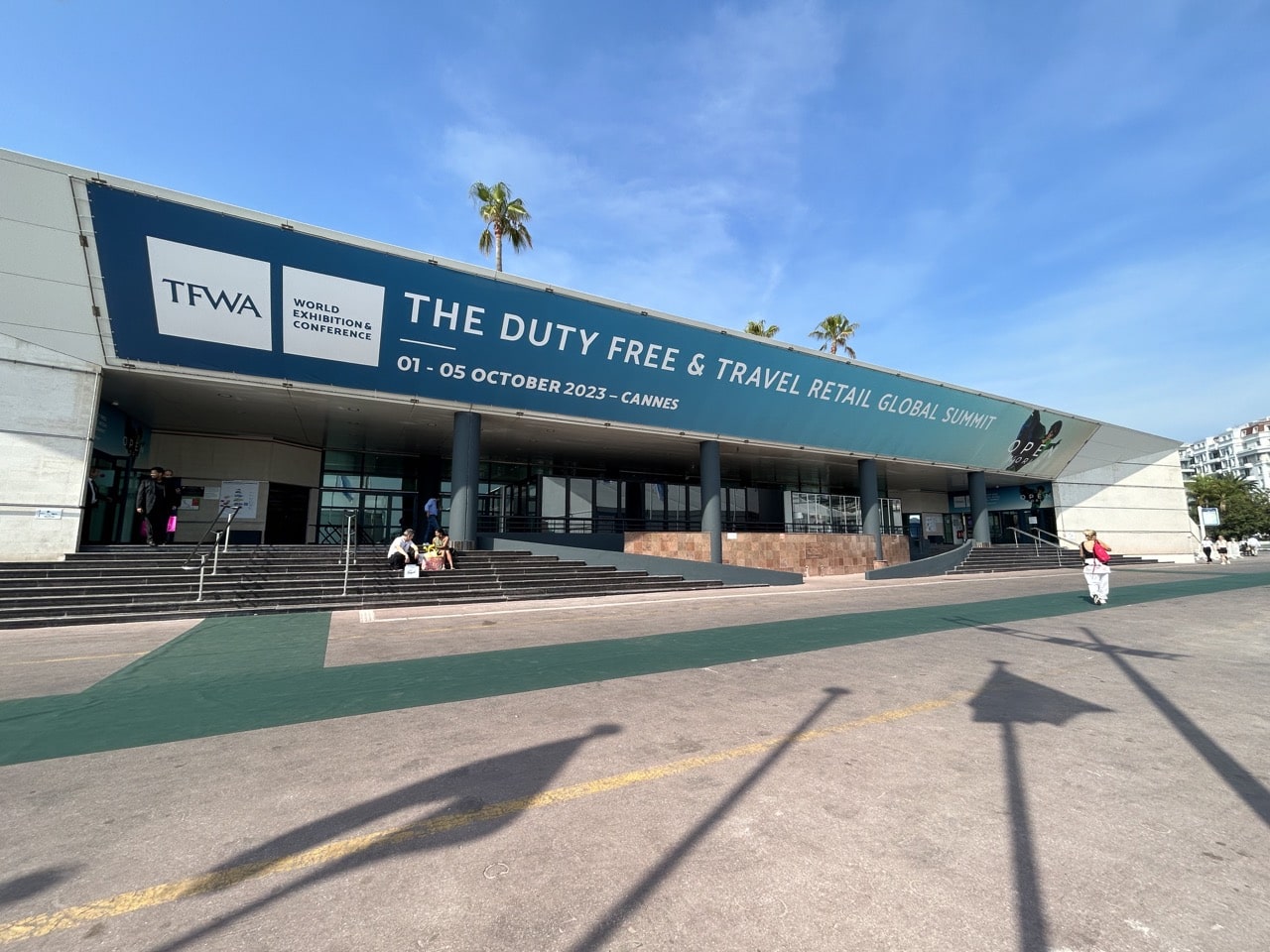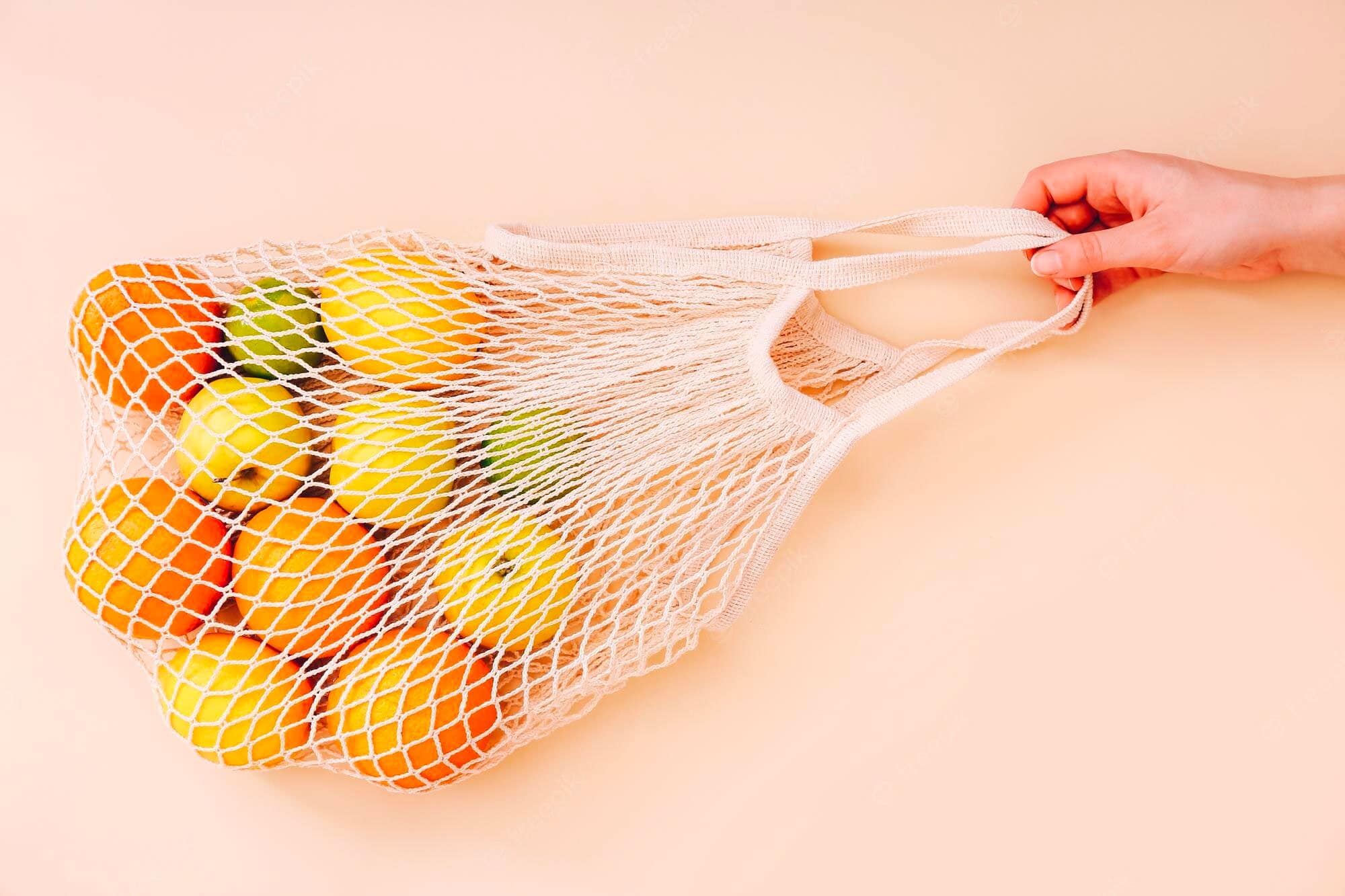The Retail (R)evolution – part 2
In our second half on the Retail (R)evolution, we explore the challenges and opportunities of green communication in a world where truth is God and positive impact is no longer a choice. Together with physical spaces seeking ways to enhance the shopper experience, these shifts are transforming the sustainable retail paradigm into an immersive and connected ecosystem.

Greenwash, won’t wash
The Competition Marketing Authority (CMA) recently co-ordinated a global review of randomly selected websites which found 40% of green claims made online could be misleading to consumers. With transparency sitting at the heart of the Retail Revolution, retail presents an opportunity to help consumers align their spending with honest, impact-driven organisations. But with only 1 in 5 consumers trusting brand claims, we need to walk the walk, and talk the talk.

So how should brands be looking to responsibly communicate?
Retailers and brands alike are uniquely positioned to positively affect behaviour change but it’s important to know what part of your story may be your differentiator, what is part of your core DNA.
During COP26, Co-op updated their image to ‘Co-op26’ across their channels in a bid to support its net zero goals and encourage shoppers to take action from fighting food waste.
To be accurate, claims must be specific and clearly attributed to packaging/product components. KitKat provide details on the specific 30% rPP (recycled plastic) content in their soft plastic wrappers, while Round Theory breaks down the benefits of their bottle design. Budweiser and Carlsberg celebrate their renewable and environmental design attributes on pack and beyond.
To lead the retail revolution, it’s important for brands to always evaluate the authenticity of claims and consider every step of the consumer journey as a touchpoint to create meaningful engagements.

Enhanced Experience
While e-tail is fast growing, it’s estimated by 2024 78% of spending will remain in physical spaces. Premium stores are stepping up to challenge traditional retail environments and put people at the heart of immersive spaces that enrich the shopper experience.
As part of its 5 year Project Earth, Selfridges is focusing on three areas: improving products and materials, exploring new retail models (recommerce, rental and repair) and partnering with brands that encourage a shift in behaviours.
Its 2021 ‘Good Nature’ project formed a series of in-store and online initiatives, from podcasts, to garden centres and organic cotton garments, embedding nature into retail touchpoints as a reminder of the fragility of nature, and the ways we can forge more sustainable practices. Following the same multi-channel format, Selfridges this year launched the SuperMarket experimental concept store reimagining the shopping experience to be kinder on the planet.

KEY TAKEOUTS
Greenwash, won’t wash
“How might your brand story include your environmental and ethical claims without being the core message?”
Achieving sustainability goals is to be celebrated but is not meant to be a solitary path. Brands may look to seek guidance from trusted networks to help avoid pitfalls of green-washing and set brands on the right path for sustainability success.
Enhanced Experience
“How might brands transcend products and seamlessly embed their sustainability ethos into elevated consumer experiences?”
With the high street and retailer spaces ripe for a revolution, it will be important for brands to anticipate future shopper values and needs in order to authentically enhance experiences inline with sustainability behaviours.








